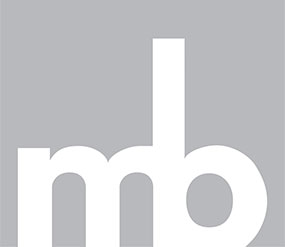The U.S. Patent and Trademark Office (USPTO) made it easier for patent applicants to obtain patents. The USPTO published new examination procedures (https://www.uspto.gov/about-us/news-updates/us-patent-and-trademark-office-announces-revised-guidance-determining-subject) regarding how patent examiners determine if a patent application is directed toward an abstract idea under 35 U.S.C. § 101. The new examination procedures particularly help applicants seeking patent protection for software-based ideas.
Under the new procedures, the USPTO has limited the type of subject matter that may be considered abstract ideas. Only subject matter within the following more narrowly defined groups of “mathematical concepts,” “certain methods of organizing human activity,” and “mental processes,” may be labeled as abstract ideas. As a result, the amount of subject matter that will initially be considered abstract should be reduced.
Even if patent claims are determined to be directed to an abstract idea, those that are meaningfully limited to a “practical application” may be patent eligible under a newer, relaxed standard. Previously, if determined to be directed to an abstract idea, claims had to be directed to a practical application of the abstract idea using elements that were not well-understood, routine, or conventional. The new standard directs examiners to consider all aspects of the claims, regardless of whether the aspects are well-understood, routine, or conventional, to determine if the claims recite a practical application of the abstract idea and thus are patent eligible.
We expect these new procedures to reduce the number of rejections under § 101 and make it easier to overcome § 101 rejections. While these procedures will not be binding on courts during litigation, hopefully they will pave the way for better court interpretation of § 101.
If you have any questions about the new examination procedures, please don’t hesitate to contact us. We look forward to exploring with you the opportunities that these new examination procedures may afford.
